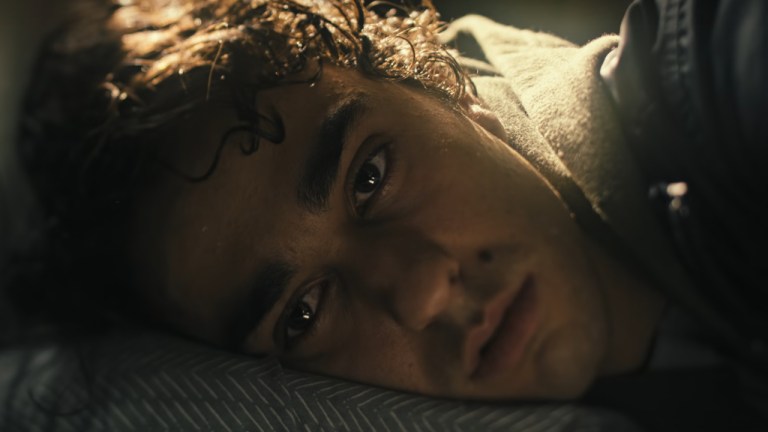
I’m Ready To Tell The Truth About My Interviews With Graham Welsh, The Man Found Innocent After 20 Years On Death Row
I was told that I couldn’t actually be charged with anything, but talking about my interactions with Graham publicly could change that. However, they never said anything about putting my story in writing.
By ![]() Jack Follman
Jack Follman

Graham didn’t know the little red light of my audio recorder was on. He seemed to spill the best tidbits when he didn’t think I was recording. I bit my nails as the death row pardon who shared his place of birth with Elvis waxed philosophically again about the thing he supposedly didn’t do.
Murder.
“I love that figure about how they say almost all murders aren’t done by the steak knife wielding stranger, they’re committed by someone the victim knows. Movies, pop culture, they always seem to suggest that a random psycho with an axe in the woods is the scariest thing in the world, but the truth is, you should be most scared of those that you know best killing you in the comfort of your own bed. Now that’s scary.”
The name Graham Welsh might sound familiar to you. His story and his case made waves some years ago, radiating from the flatlands of Northeast Mississippi, where he was convicted of murdering a car full of teenagers outside a swimming hole in July of 1993. He made even more headlines when he was acquitted by DNA evidence in 2013 after spending nearly 20 years on death row.
Graham became a minor celebrity. He did the talk show circuit, sat on Oprah’s couch, published a memoir, hung out with Krist Novaselic, and scored an adjunct professor position at the University of Mississippi. That’s where I tracked him down.
Like most professors and people with published books, Graham was incredibly long-winded. He continued his grandiose monologue…
“I hate thinking about the feeling that every person who becomes the victim of one of these known-assailant murderers must go through. They knew this person. They maybe trusted this person. Then…they betrayed them. That’s the last thought in their head. The last true conscious energy in their body. Then black. Fin. Curtains.”
I detected what I thought was a faint British accent creeping its way into Graham’s usual Southern drawl. It was difficult not to laugh. Fin? Really?
Graham stared at me through his smudged glasses with his slicked-back hair shining in the afternoon sun which shone through his office window as if he was waiting for me to rip my dress off, pull him onto his mahogany desk and just go at it. I instead turned up the volume on the recording device tucked in my purse and thought about an escape route from his office should he decide to force the issue.
The world may have thought Graham Welsh was some tragic figure who was tortured for 20 years by a flawed system, but I saw right through it. I became more and more convinced that Graham was exactly what everyone thought he was prior to 2013 with each passing second.
I reviewed Graham’s case in my head for about the fiftieth time on my drive home from campus.
Graham was a local undesirable in the town of Tupelo, Mississippi from birth. He was arrested for the typical teenage tomfoolery in his early years – underage drinking, shoplifting, vandalism. It slowly evolved to more serious matters once he hit his early adult age – check fraud, DUI, drug possession, a few jail stints. He was well-known around town as a petty criminal by the time he ran out the clock on his 20s
It seemed Graham had grown out of his wild ways as he started racking up years in his 30s. His name didn’t pop up on the police radar from ages 31 to 34. He got a steady job working for a contractor in Batesville. He got married. Locals reported that he attended church.
The day after Fourth of July, 1993, a car filled with three dead University of Mississippi students – Mary Martin, Zack Taylor, and Sarah Hamer – was found in the muddy parking circle next to a popular swimming hole outside of Oxford, Mississippi. Later in the day, a blood-soaked UM student – Cody Rappoport – showed up on campus minutes away from death and was rushed to the hospital. Cody’s life was saved, but he went into a week-long coma and was left with severe brain damage.











